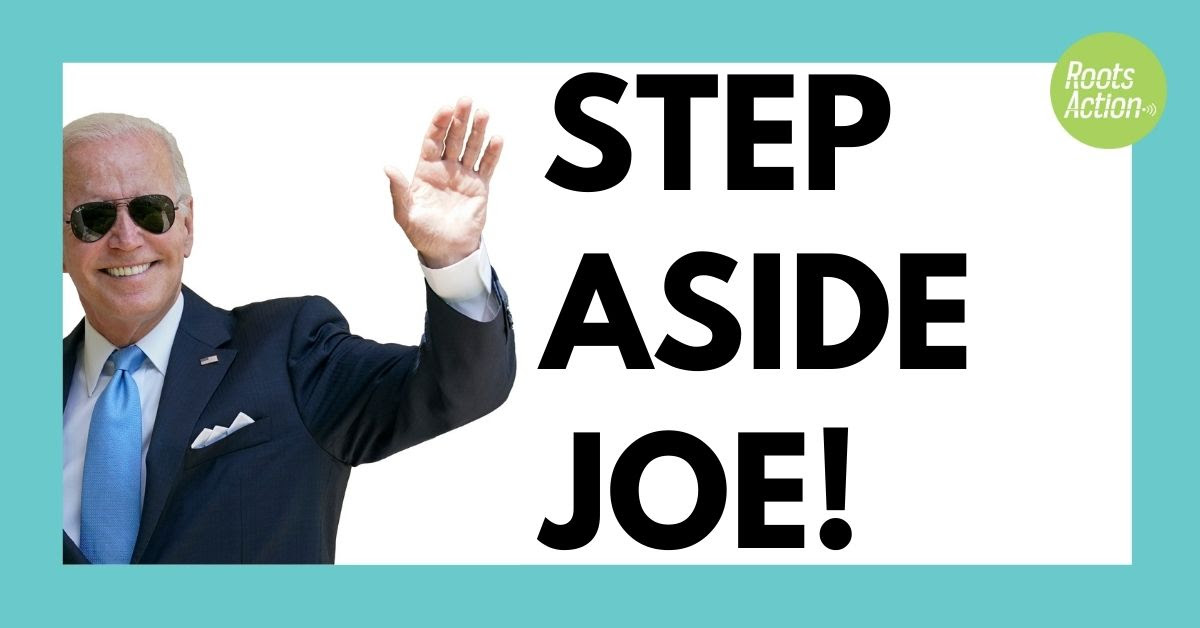British investigation: Gaddafi was not going to massacre civilians; Western bombing made Islamist extremism worse.
A new report by the British Parliament shows that the 2011 NATO war in Libya was based on an array of lies.
“Libya: Examination of intervention and collapse and the UK’s future policy options,” an investigation by the House of Commons’ bipartisan Foreign Affairs Committee, strongly condemns the U.K.’s role in the war, which toppled the government of Libya’s leader Muammar Qaddafi and plunged the North African country into chaos.
“We have seen no evidence that the UK Government carried out a proper analysis of the nature of the rebellion in Libya,” the report states. “UK strategy was founded on erroneous assumptions and an incomplete understanding of the evidence.”
The Foreign Affairs Committee concludes that the British government “failed to identify that the threat to civilians was overstated and that the rebels included a significant Islamist element.”
The Libya inquiry, which was launched in July 2015, is based on more than a year of research and interviews with politicians, academics, journalists and more. The report, which was released on Sept. 14, reveals the following:
- Qaddafi was not planning to massacre civilians. This myth was exaggerated by rebels and Western governments, which based their intervention on little intelligence.
- The threat of Islamist extremists, which had a large influence in the uprising, was ignored — and the NATO bombing made this threat even worse, giving ISIS a base in North Africa.
- France, which initiated the military intervention, was motivated by economic and political interests, not humanitarian ones.
- The uprising — which was violent, not peaceful — would likely not have been successful were it not for foreign military intervention and aid. Foreign media outlets, particularly Qatar’s Al Jazeera and Saudi Arabia’s Al Arabiya, also spread unsubstantiated rumors about Qaddafi and the Libyan government.
- The NATO bombing plunged Libya into a humanitarian disaster, killing thousands of people and displacing hundreds of thousands more, transforming Libya from the African country with the highest standard of living into a war-torn failed state.
Myth that Qaddafi would massacre civilians and the lack of intel
“Despite his rhetoric, the proposition that Muammar Gaddafi would have ordered the massacre of civilians in Benghazi was not supported by the available evidence,” the Foreign Affairs Committee states clearly.
“While Muammar Gaddafi certainly threatened violence against those who took up arms against his rule, this did not necessarily translate into a threat to everyone in Benghazi,” the report continues. “In short, the scale of the threat to civilians was presented with unjustified certainty.”
The summary of the report also notes that the war “was not informed by accurate intelligence.” It adds, “US intelligence officials reportedly described the intervention as ‘an intelligence-light decision.'”
This flies in the face of what political figures claimed in the lead-up to the NATO bombing. After violent protests erupted in Libya in February, and Benghazi — Libya’s second-largest city — was taken over by rebels, exiled opposition figures like Soliman Bouchuiguir, president of the Europe-based Libyan League for Human Rights, claimed that, if Qaddafi retook the city, “There will be a real bloodbath, a massacre like we saw in Rwanda.”
The British Parliament’s report, however, notes that the Libyan government had retaken towns from rebels in early February 2011, before NATO launched its air strike campaign, and Qaddafi’s forces had not attacked civilians.
On March 17, 2011, the report points out — two days before NATO began bombing — Qaddafi told rebels in Benghazi, “Throw away your weapons, exactly like your brothers in Ajdabiya and other places did. They laid down their arms and they are safe. We never pursued them at all.”
The Foreign Affairs Committee adds that, when Libyan government forces retook the town of Ajdabiya in February, they did not attack civilians. Qaddafi “also attempted to appease protesters in Benghazi with an offer of development aid before finally deploying troops,” the report adds.
In another example, the report indicates that, after fighting in February and March in the city Misrata — Libya’s third-largest city, which had also been seized by rebels — just around 1 percent of people killed by the Libyan government were women or children.
“The disparity between male and female casualties suggested that Gaddafi regime forces targeted male combatants in a civil war and did not indiscriminately attack civilians,” the committee says.
Senior British officials admitted in the Parliament investigation they did not consider Qaddafi’s actual actions, and instead called for military intervention in Libya based on his rhetoric.
In February, Qaddafi gave a heated speech threatening the rebels who had taken over cities. He said “they are a tiny few” and “a terrorist few,” and called them “rats” who “are turning Libya into the emirates of Zawahiri and bin Laden,” referencing the leaders of al-Qaeda.
Read the rest at Salon.










